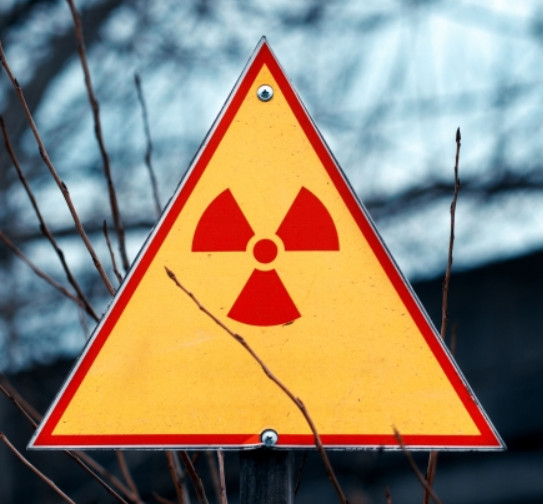Nuclear not needed
 Experts say nuclear power should not be considered as part of Australia's strategy to achieve net zero emissions by 2050.
Experts say nuclear power should not be considered as part of Australia's strategy to achieve net zero emissions by 2050.
A new report by the Net Zero Australia project - a collaborative effort between prominent academic institutions and management consultancy firm Nous Group - lays out the need for the federal government to accelerate all viable options that can significantly contribute to the net zero goal.
The report was released after opposition leader Peter Dutton called for nuclear power in Australia, amid a growing debate on lifting the legislative ban on nuclear energy.
However, the report firmly states that nuclear power is both too expensive and slow to be a practical solution.
It warns that reducing renewable targets in favour of nuclear power could pose a significant risk to achieving net zero emissions or result in excessive costs.
The study underscores the importance of investing in alternative renewable energy sources, such as batteries, solar, onshore wind, pumped hydro, and transmission. It highlights offshore wind as a renewable option with an uncertain pipeline, recommending the first power from offshore wind projects to be generated by 2030.
“Nuclear power should not be in our plans because it's too expensive and slow,” says Richard Bolt, Principal at Nous Group.
“Only a dramatic fall in costs and prolonged renewable constraints would prompt a rethink.”
The report further calls for faster and more innovative decarbonization efforts to achieve Australia's net zero targets.
It raises concerns about the insufficient pipeline of large-scale solar and onshore wind projects needed to meet the required construction rate.
Addressing carbon capture utilisation and storage (CCUS), the report says it could be a crucial component of a net zero strategy, despite its limited success in reducing emissions to date.
It proposes scenarios where blue hydrogen, produced by capturing and storing CO2 emitted during hydrogen production from fossil fuels, would dominate CCUS usage until 2060.
In scenarios with unconstrained renewable use, CCUS would primarily offset emissions from land use and aviation sectors.
The Net Zero Australia report was a collaborative effort between the University of Melbourne, the University of Queensland, Princeton University's Andlinger Center for Energy and the Environment, and Nous Group.
The research received financial support from organisations including Worley, Dow, the Future Fuels Cooperative Research Centre, the Future Energy Exports Cooperative Research Centre, APA Group, and the Minderoo Foundation.







 Print
Print